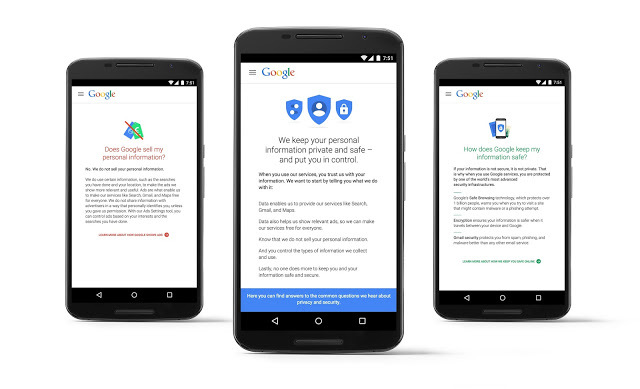Our children are spending more and more time with smartphones, and with good reason. They give parents a line of contact, and give kids access to loads of great games and apps.
But a recent study from the London School of Economics suggests that you may want to limit or delay your child’s access to smartphones. It shows a clear link from schools that ban students from carrying phones to an improvement in their test scores.
So what’s the gist of the study? It turns out that having a smartphone – or barring one—has a real and measurable impact on education.
“We found the impact of banning phones for these students equivalent to an additional hour a week in school, or to increasing the school year by five days,” researchers Richard Murphy and Louis-Philippe Beland stated. The study, released this May, is called Ill Communication: Technology, Distraction & Student Performance. It also found that following a ban on phone use, the schools’ test scores improved by 6.4%. The impact on underachieving students was much more significant — their average test scores rose by 14%. The results noted that they could focus regardless of the presence of a smartphone.
The authors looked at how phone policies at 91 schools in England have changed since 2001, and compared that data with results achieved in national exams taken at the age of 16. The study covered 130,000 pupils. (See link to the full study here.)
It’s an interesting conundrum. Many of us think that technology is a driving force for improvement and development. I think that having the great wealth of education on the Internet can only be a boon. But the authors of the study draw awareness to the contrast. “Technological advancements are commonly viewed as leading to increased productivity. Numerous studies document the benefits of technology on productivity in the workplace and on human capital accumulation. There are, however, potential drawbacks to new technologies, as they may provide distractions and reduce productivity.”
Here in the US, these new studies may change a few minds and tilt a few policies. For example, Mayor Bill de Blasio of New York City just revoked a decades old ban on cell phones, leaving it up to individual principals, in consultation with parents and teachers. I wonder now if he might re-think his decision?
Other research underscores the concerns raised. A major educational study by the Pew Research Institute found 87% of teachers surveyed said that Internet and digital devices are creating an “easily distracted generation with short attention spans” and 64% said today’s digital technologies “do more to distract students than to help them academically.”
The crux of the matter is this: Kids are using their phones to text and chat when they should be paying attention in class and interacting with others personally and not digitally.
Meanwhile, yet another recent study outlines additional risks of smartphone behavior: They don’t allow us to think for ourselves.
A study from researchers at the University of Waterloo (Canada) published in the journal Computers in Human Behavior, says that “Smartphone users who are intuitive thinkers — more prone to relying on gut feelings and instincts when making decisions — frequently use their device’s search engine rather than their own brainpower. Smartphones allow them to be even lazier than they would otherwise be.”
“They may look up information that they actually know or could easily learn, but are unwilling to make the effort to actually think about it,” said Gordon Pennycook, co-lead author of the study.
“Decades of research has revealed that humans are eager to avoid expending effort when problem-solving and it seems likely that people will increasingly use their smartphones as an extended mind,” noted Nathaniel Barr, the other lead author of the paper.
I think it is great to have so many tech educational resources at our fingertips. But I too worry about is the next generation. Thinking about things, focusing, contemplating, and making decisions are a crucial part of a young person’s life – as is imagination.
We’ve also done a lot of research on children, Internet safety and the mobile world. AVG Digital Diaries research findings last year showed 42% of the parents polled by AVG said that they are concerned that their child spends too much time on devices, and a similar number (43%) said they were worried their child didn’t spend enough time outside.
So what does this all add up to, in the big picture?
If you have kids, it’s important to take control and limit use of smartphones by setting up guidelines. At AVG, we offer parental controls to limit and guide smartphone usage through our Location Labs products.
After all, even Steve Jobs famously limited how much technology his kids used at home.
![]()
![]()
